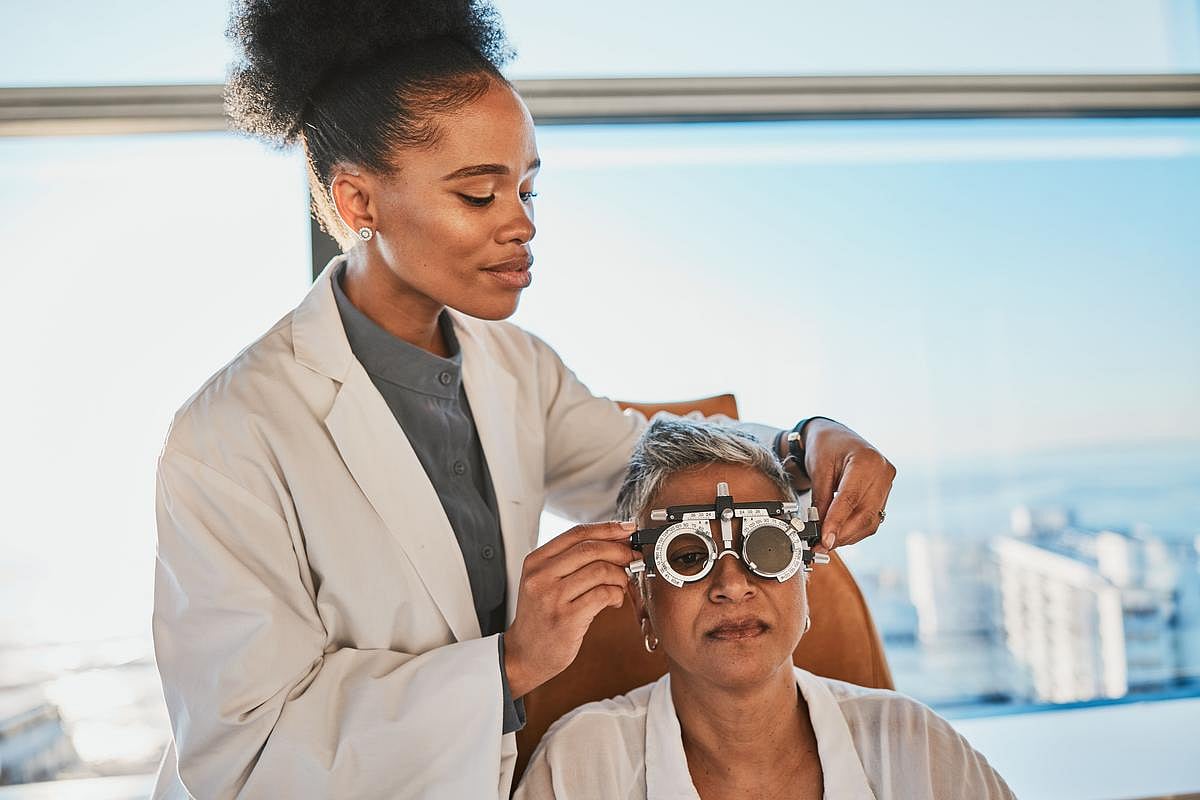(330) 876-1228
8507 Main StreetKinsman, OH 44428
(330) 876-1229

Getting older tends to go hand in hand with failing vision, but eye experts say there are things you can do to preserve your sight as you age.
The risk of age-related macular degeneration (AMD) and diabetic retinopathy increases among seniors, but vision loss and blindness aren't a foregone conclusion, according to the American Society of Retina Specialists (ASRS).
Not only is healthy vision key to staying active, but studies have shown that older adults with vision issues face a higher risk of developing dementia.
What can you do to avoid that fate? Here are some tips from the ASRS:
Learn the signs of common retinal conditions. AMD affects 19.8 million Americans and is the leading cause of vision loss among older Americans. Another retinal condition, diabetic retinopathy, strikes 9.6 million Americans and is the leading cause of blindness in working-age adults. Hallmark symptoms of AMD include warping of straight lines, a decrease in the brightness of colors, gradual or sudden loss of central vision and dark, blurry areas in the center of vision. Diabetic retinopathy symptoms include blurry central vision, seeing spots, floaters or a shadow across the field of vision, difficulty reading, eye pressure and difficulty with color perception.
Know your family history. Ask older family members if they have had vision issues. Retinal conditions may have a genetic component that runs in families. Other common risk factors of retinal disease include older age, smoking, high blood pressure and high cholesterol.
Practice healthy retina habits. People of all ages can maintain healthy retinas and reduce the risk of developing retinal conditions by:
Quitting smoking
Staying active
Controlling blood sugar, blood pressure and cholesterol
Eating nutritious food, including dark, leafy greens and fish
Maintaining a healthy weight
Getting regular dilated eye exams
Seek a retina specialist for expert care. Retina specialists are medical doctors with up to 10 years of advanced medical training to specialize in ophthalmology and sub-specialize in diseases and surgery.
Do your homework before signing up for or switching health insurance plans. During open enrollment periods, Americans eligible for Medicare can join, switch or drop their plans. Consumers should ask if an insurance plan requires preauthorization for any tests or procedures or if it requires step therapy for any medications. "Fail-first" step therapy is a policy Medicare-eligible retina patients should be aware of as it can affect a patient's ability to receive treatment recommended by their retina specialist.
More information
The Optometrists Network has more about maintaining retina health.
SOURCE: American Society of Retinal Specialists, news release, Sept. 3, 2024
